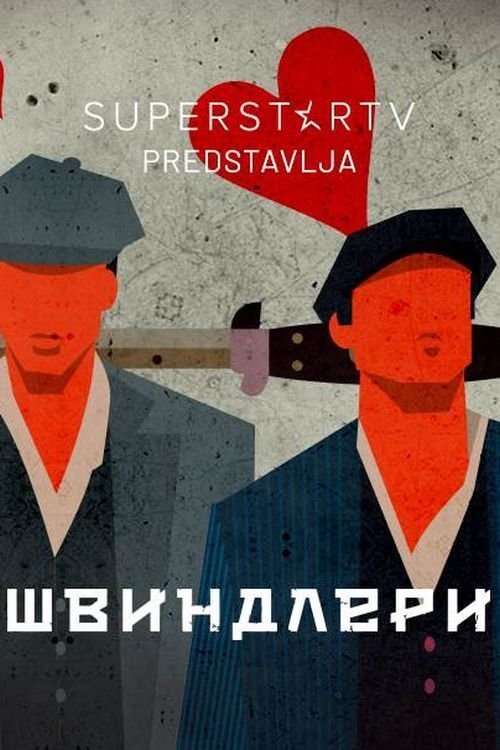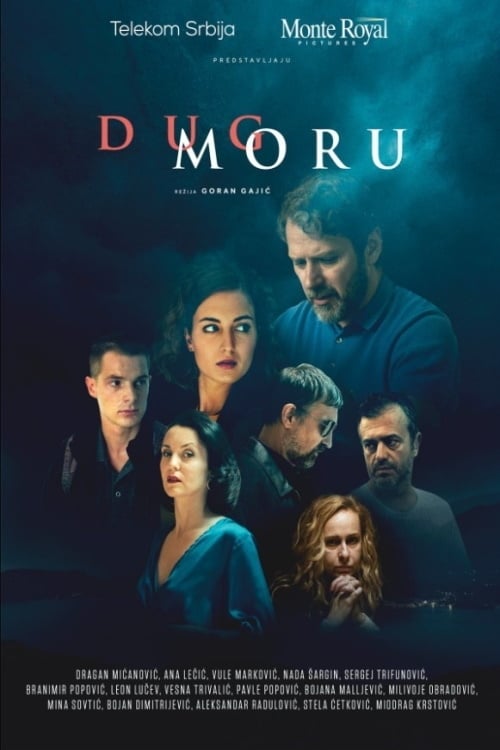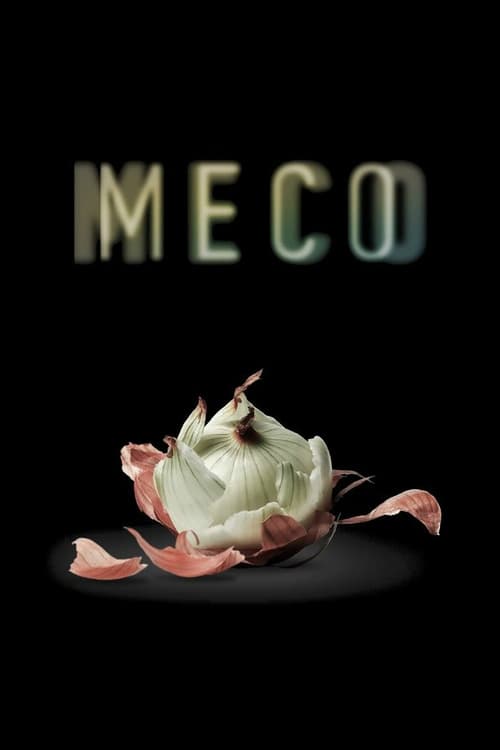
Ask Your Own Question
What is the plot?
In Episode 7 of "The Roots," the story opens with Kunta Kinte, who is still grappling with the harsh realities of slavery. He is shown working in the fields, where the oppressive heat and grueling labor take a toll on him physically and mentally. Kunta's spirit remains unbroken, and he often reflects on his past and the freedom he once had. His internal struggle is palpable as he longs for his homeland and the life he once knew.
As the day progresses, Kunta is approached by fellow slaves who share their own stories of loss and resilience. They discuss the importance of maintaining their cultural identity and the need to keep their traditions alive despite the oppressive environment. This moment of camaraderie strengthens Kunta's resolve to resist the dehumanization they face.
Later, Kunta is summoned by his master, who is frustrated with Kunta's defiance and unwillingness to accept his new name, Toby. The master threatens Kunta with severe punishment if he does not comply. Kunta's refusal to abandon his identity leads to a tense confrontation, showcasing his fierce determination to remain true to himself. The master orders Kunta to be whipped as a punishment, which serves as a brutal reminder of the power dynamics at play.
Following the punishment, Kunta is left in a vulnerable state, both physically and emotionally. He is tended to by other slaves who offer him support and encouragement. This moment highlights the bonds formed among the enslaved individuals, as they share their pain and strength with one another. Kunta's injuries serve as a physical manifestation of his struggle against the system that seeks to break him.
As the episode unfolds, Kunta's relationship with his fellow slaves deepens. They begin to plan a potential escape, fueled by their shared desire for freedom. Kunta takes on a leadership role, driven by his unwavering hope and determination. The group discusses the risks involved, weighing their options carefully. Kunta's passion ignites a sense of purpose among them, and they begin to strategize their escape.
In a pivotal scene, the group decides to take action. They gather supplies and prepare for their journey, knowing that the stakes are high. Kunta's internal conflict is evident as he grapples with the fear of failure and the desire for freedom. The emotional weight of their decision hangs heavy in the air, as they understand the consequences of being caught.
As night falls, the group sets out on their escape. They move stealthily through the woods, relying on the cover of darkness to conceal their movements. The tension is palpable as they navigate the unfamiliar terrain, each sound amplifying their fears. Kunta leads the way, driven by a mix of hope and desperation. The camaraderie among the group is evident as they support one another, whispering words of encouragement.
However, their escape is soon thwarted when they encounter a group of patrollers. A tense standoff ensues, and the group is forced to make a split-second decision. Kunta and a few others manage to evade capture, but not without a harrowing chase through the woods. The adrenaline rush is intense as they sprint for their lives, the sounds of pursuit echoing behind them.
In the aftermath of the chase, Kunta and the remaining members of the group regroup. They are shaken but determined to continue their fight for freedom. Kunta's resolve is stronger than ever, and he vows to keep pushing forward, no matter the cost. The episode closes with a sense of uncertainty, leaving viewers on edge about the fate of Kunta and his companions as they navigate the treacherous path toward liberation.
What is the ending?
In the ending of "The Roots," Season 1, Episode 7, the characters face the culmination of their struggles and conflicts. The episode concludes with a significant confrontation that leads to a tragic outcome for some characters, while others find a glimmer of hope amidst the turmoil.
As the episode unfolds, we see the tension escalate between the main characters. The stakes are high, and the emotional weight of their decisions becomes palpable. The episode builds towards a climactic moment where loyalties are tested, and the consequences of past actions come to a head.
In the final scenes, one character makes a desperate choice that leads to a heartbreaking loss, leaving the remaining characters to grapple with the aftermath. The episode closes on a somber note, highlighting the enduring impact of their experiences and the unresolved conflicts that linger.
Now, let's delve into the ending in a more detailed, chronological narrative.
The episode opens with a sense of foreboding as the characters prepare for a confrontation that has been brewing throughout the season. Tensions are high, and the air is thick with unspoken words and unresolved issues. Each character is driven by their motivations--some seeking justice, others revenge, and a few yearning for peace.
As the scene shifts, we find the characters gathering in a dimly lit location, the atmosphere charged with anticipation. The camera captures their anxious expressions, revealing the weight of their choices. The dialogue is sharp, filled with accusations and pleas, as they confront one another about their past actions. The stakes are laid bare, and the emotional intensity escalates.
In a pivotal moment, one character, feeling cornered and desperate, makes a fateful decision that alters the course of the confrontation. The scene is tense, with close-ups on the characters' faces, showcasing their fear, anger, and determination. The choice leads to a sudden eruption of violence, and the camera captures the chaos that ensues. The sound of shouting and the clash of bodies fill the air, creating a visceral experience for the audience.
As the dust settles, the consequences of the confrontation become painfully clear. One character lies injured, the gravity of the situation sinking in for the others. The camera lingers on their faces, reflecting a mix of shock, regret, and sorrow. The emotional fallout is immediate, as they grapple with the reality of what has just transpired.
In the aftermath, the remaining characters are left to confront their feelings of guilt and loss. The scene shifts to a quieter moment, where they reflect on the choices that led them to this point. The weight of their decisions hangs heavy in the air, and the camera captures their somber expressions as they process the tragedy.
The episode concludes with a poignant scene that encapsulates the enduring impact of their experiences. As they stand together, united by their shared pain, there is a flicker of hope amidst the darkness. They realize that while the road ahead may be fraught with challenges, they must find a way to move forward together.
In summary, the fates of the main characters are intertwined with the tragic events of the episode. Some are left to mourn their losses, while others are forced to confront the consequences of their actions. The ending serves as a powerful reminder of the complexities of human relationships and the lasting effects of conflict.
Is there a post-credit scene?
In "Episode 7" of The Roots, there is no post-credit scene. The episode concludes without any additional content after the credits roll. The focus remains on the main narrative and character developments throughout the episode, leaving no extra scenes or teasers for viewers to engage with after the main story has finished.
What are the key themes explored through the character interactions in this episode?
Key themes in Episode 7 revolve around identity, heritage, and the struggle for freedom. The interactions between characters highlight the generational divide in understanding their history and the impact of slavery on their lives. Emotional exchanges reveal the characters' desires to connect with their roots while facing the harsh realities of their present, emphasizing the ongoing struggle for self-definition.
How do the relationships between the characters shift in this episode?
In Episode 7, the relationships among the characters undergo significant shifts, particularly between Kunta Kinte and his family members. The gathering brings to light long-standing resentments and differing perspectives on their shared history. These interactions lead to moments of reconciliation, but also to heightened tensions, as characters confront their past and their roles within the family.
What significant events occur during the family gathering in Episode 7?
In Episode 7, the family gathering serves as a pivotal moment where tensions rise among the characters. The atmosphere is charged with unspoken grievances and unresolved conflicts, particularly between the older and younger generations. As family members share stories, the weight of their shared history becomes palpable, revealing deep-seated emotions and the struggle for identity within the family.
How does the character of Kunta Kinte evolve in this episode?
In this episode, Kunta Kinte grapples with his identity and the harsh realities of his circumstances. His internal conflict is highlighted as he reflects on his past and the sacrifices made by his ancestors. Kunta's determination to maintain his heritage is tested, showcasing his resilience and the emotional toll of his journey.
What role does the character of Fiddler play in Episode 7?
Fiddler serves as a mentor and a source of wisdom for Kunta Kinte in this episode. His character embodies the struggle for freedom and the importance of storytelling in preserving culture. Fiddler's interactions with Kunta are filled with emotional depth, as he encourages Kunta to hold onto his roots while navigating the complexities of their reality.
Is this family friendly?
In "Episode 7" of The Roots, there are several scenes and themes that may be considered objectionable or upsetting for children or sensitive viewers.
-
Violence and Conflict: The episode includes scenes of physical confrontations and violence that may be intense or distressing for younger audiences.
-
Emotional Turmoil: Characters experience significant emotional pain and distress, including themes of loss and betrayal, which may be heavy for sensitive viewers.
-
Historical Context: The show deals with serious historical issues, including racism and oppression, which may be difficult for children to fully understand or process.
-
Family Struggles: There are moments of familial conflict and tension that could be upsetting, particularly for viewers who are sensitive to themes of family discord.
These elements contribute to a narrative that, while rich and meaningful, may not be suitable for all viewers, especially younger children.





























